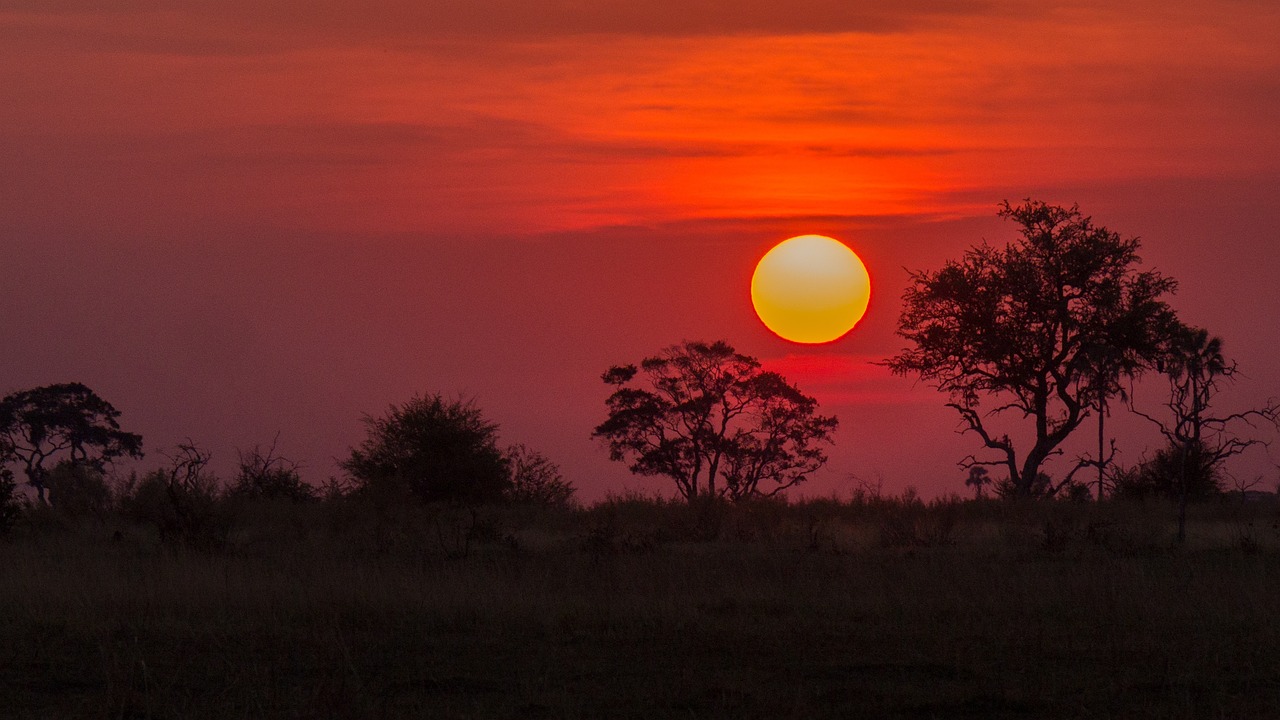Welcome to Journeeo
Botswana, a jewel in Southern Africa, is home to the magnificent Okavango Delta, one of the world’s largest inland deltas. This pristine wilderness is a haven for wildlife and offers some of the most exclusive safari experiences on the continent. Whether you’re a seasoned safari-goer or a first-time visitor, the Okavango Delta promises an adventure unlike any other. This comprehensive guide will take you through everything you need to know about exploring the heart of the Okavango Delta on a safari.
The Okavango Delta: An Overview
Geography and Formation
The Okavango Delta is a vast wetland covering between 6,000 and 15,000 square kilometers depending on the season. It is formed by the Okavango River, which originates in the highlands of Angola, flows through Namibia, and finally spreads out into the Kalahari Desert in Botswana. The wet sands filter the water, creating a lush jungle.
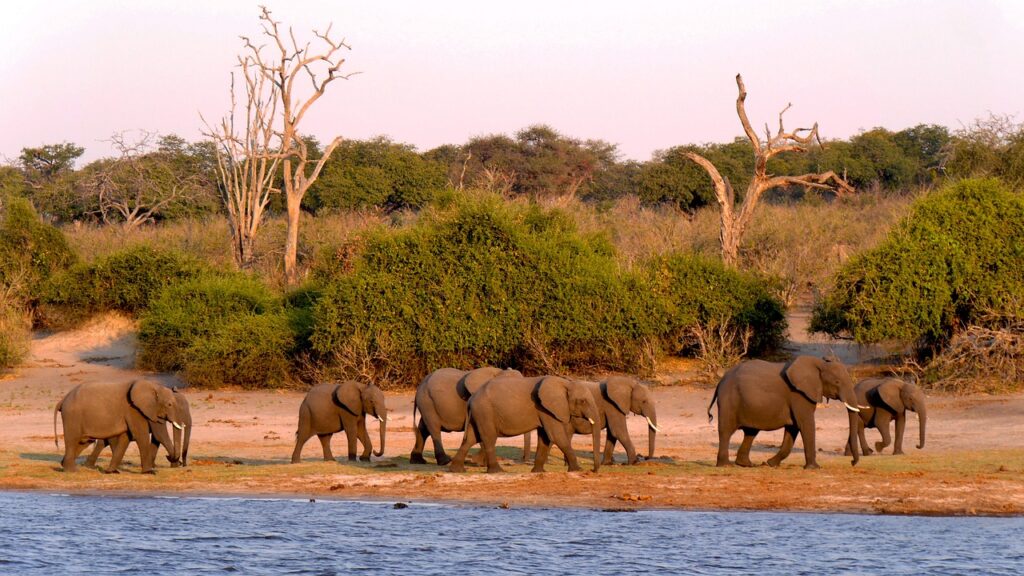
- Seasonal Flooding: The delta’s water levels vary greatly throughout the year. The flood season occurs annually from March to June, with maximum levels typically reached in July. This creates an ever-changing mosaic of channels, lagoons, and islands.
- Biological Hotspot: The delta is renowned for its diverse array of plant and animal life and has been designated a UNESCO World Heritage site.
Conservation Efforts
The Okavango Delta is one of Botswana’s conservation crown jewels. The government has implemented stringent policies to maintain the environment and wildlife, ensuring sustainable tourism.
- Low-Impact Tourism: Focuses on high-value, low-volume tourism to limit the number of visitors and minimize environmental impact.
- Conservation Areas: The delta includes conservation areas like the Moremi Game Reserve and various private concessions, serving as safe havens for wildlife.
Wildlife in the Okavango Delta
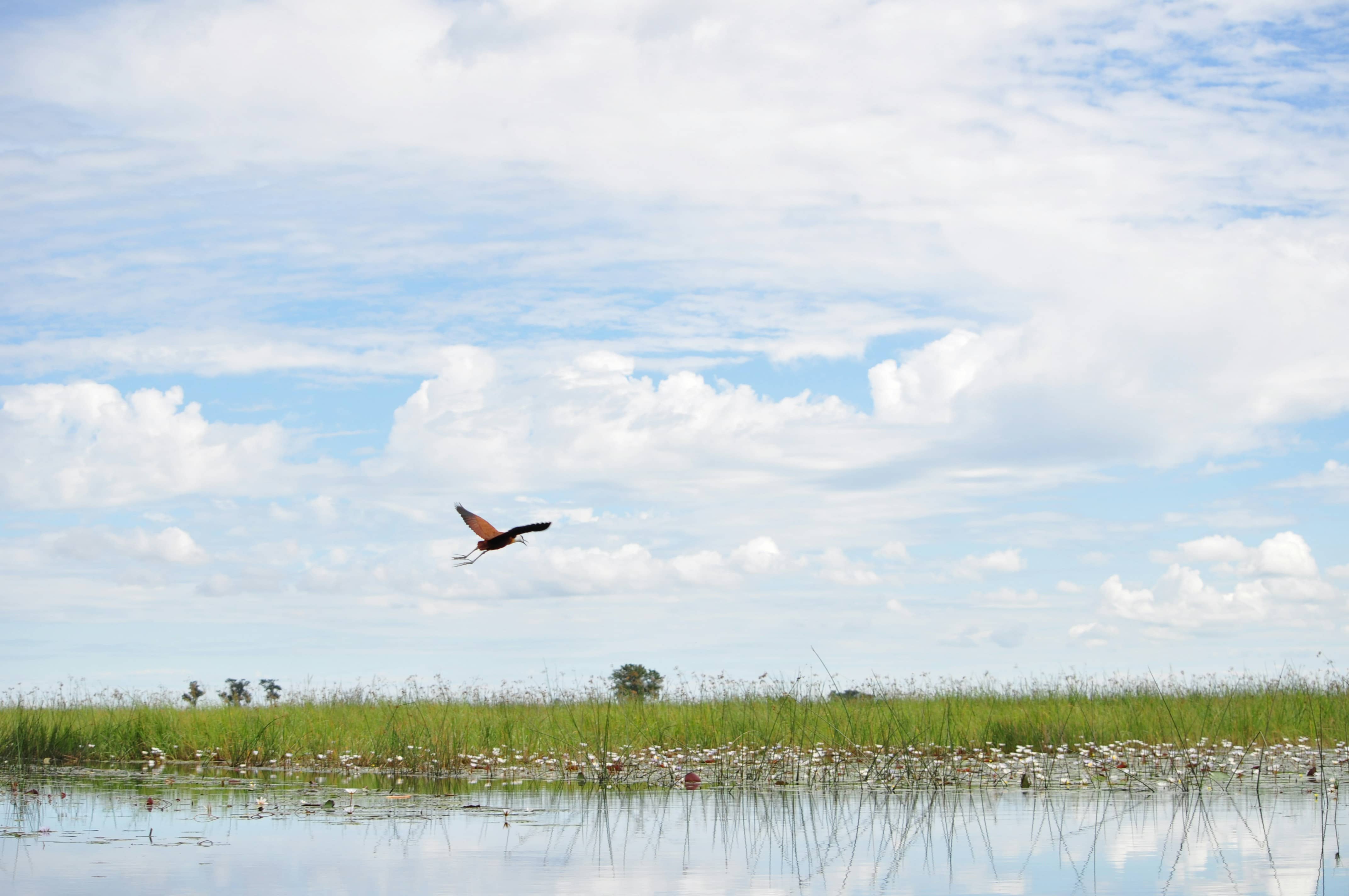
Iconic Animals
The Okavango Delta’s rich variety of flora and fauna makes it one of Africa’s premier safari destinations. Check out this article on comparing safaris in Tanzania to those in other African countries, which highlights the diverse safari experiences available across the continent.
- Big Five: The delta is home to lions, leopards, elephants, and buffaloes. Black rhinos are rare but present in some areas.
- Predators: The delta has a high density of predators, including lions, leopards, cheetahs, and African wild dogs.
- Birdlife: With over 400 species observed, the delta is a birdwatcher’s paradise. Look out for the African fish eagle, Pel’s fishing owl, and various kingfishers and herons.
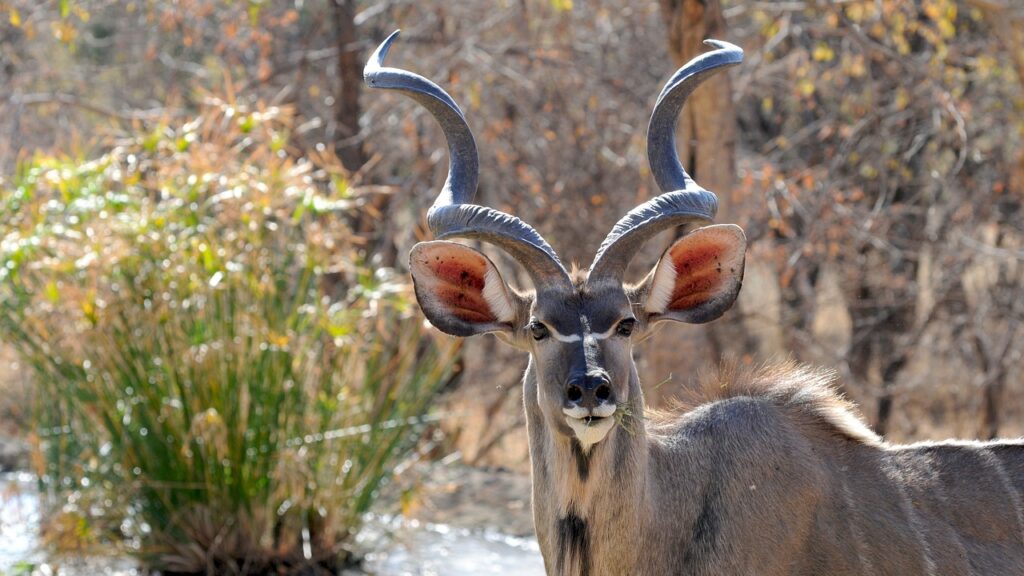
Unique Species
- Sitatunga: An elusive antelope adapted to living in shallow marshes.
- Red Lechwe: Another water-adapted antelope, commonly seen grazing on floodplain vegetation.
- Hippos and Crocodiles: The rivers teem with hippos and Nile crocodiles, often seen basking on riverbanks or lurking in channels.
Okavango Delta Safari Activities
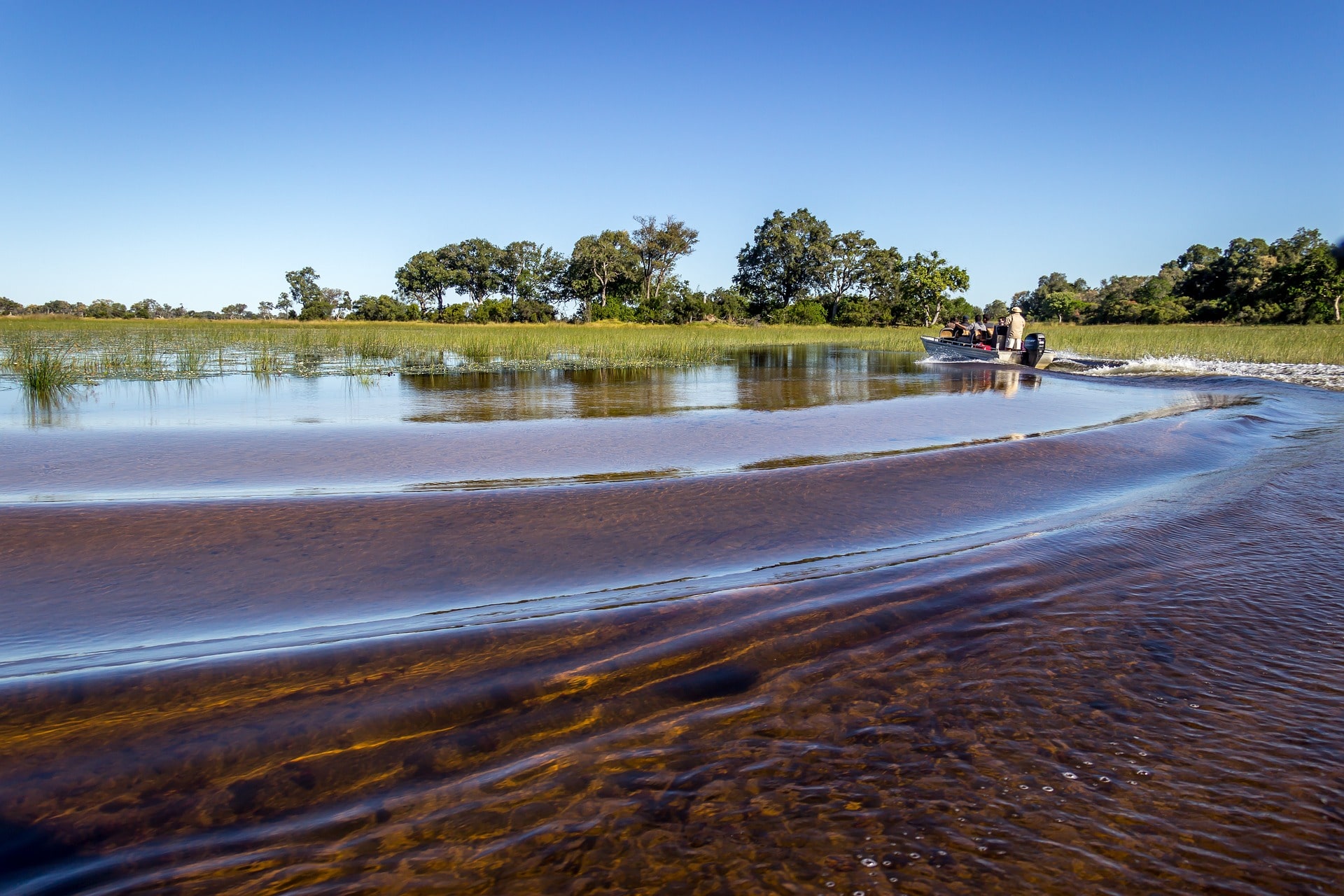
Game Drives
Game drives are quintessential safari experiences, allowing close encounters with Africa’s finest wildlife. To understand how Botswana’s safari experiences stack up against those offered by neighboring countries, check out this comparison of Botswana’s safari experience.
- Morning and Afternoon Drives: Most lodges offer two game drives per day, early morning and late afternoon, when animals are most active.
- Night Drives: Some private concessions offer night drives, providing opportunities to see nocturnal animals like hyenas, genets, and owls.
Mokoro Excursions
A mokoro is a traditional dugout canoe used to navigate the delta’s shallow waters.
- Guided Tours: Experienced guides use their knowledge to show you wildlife and explain delta ecology.
- Bird Watching: The silent approach of a mokoro is ideal for bird watching, as many species are less wary of canoes.
Walking Safaris
Walking safaris offer a unique perspective on the delta, allowing you to explore its finer details.
- Guided Walks: Experienced guides teach you about animal tracking and plant identification. Safety measures, including armed guides, are in place when large predators are nearby.
Boating Safaris
Boating safaris explore the deeper channels of the delta.
- Motorboat Excursions: These offer a faster way to cover more ground and explore the delta’s waterways.
- Fishing: Some lodges offer catch-and-release fishing excursions for species like tiger fish and bream.
Accommodation Options
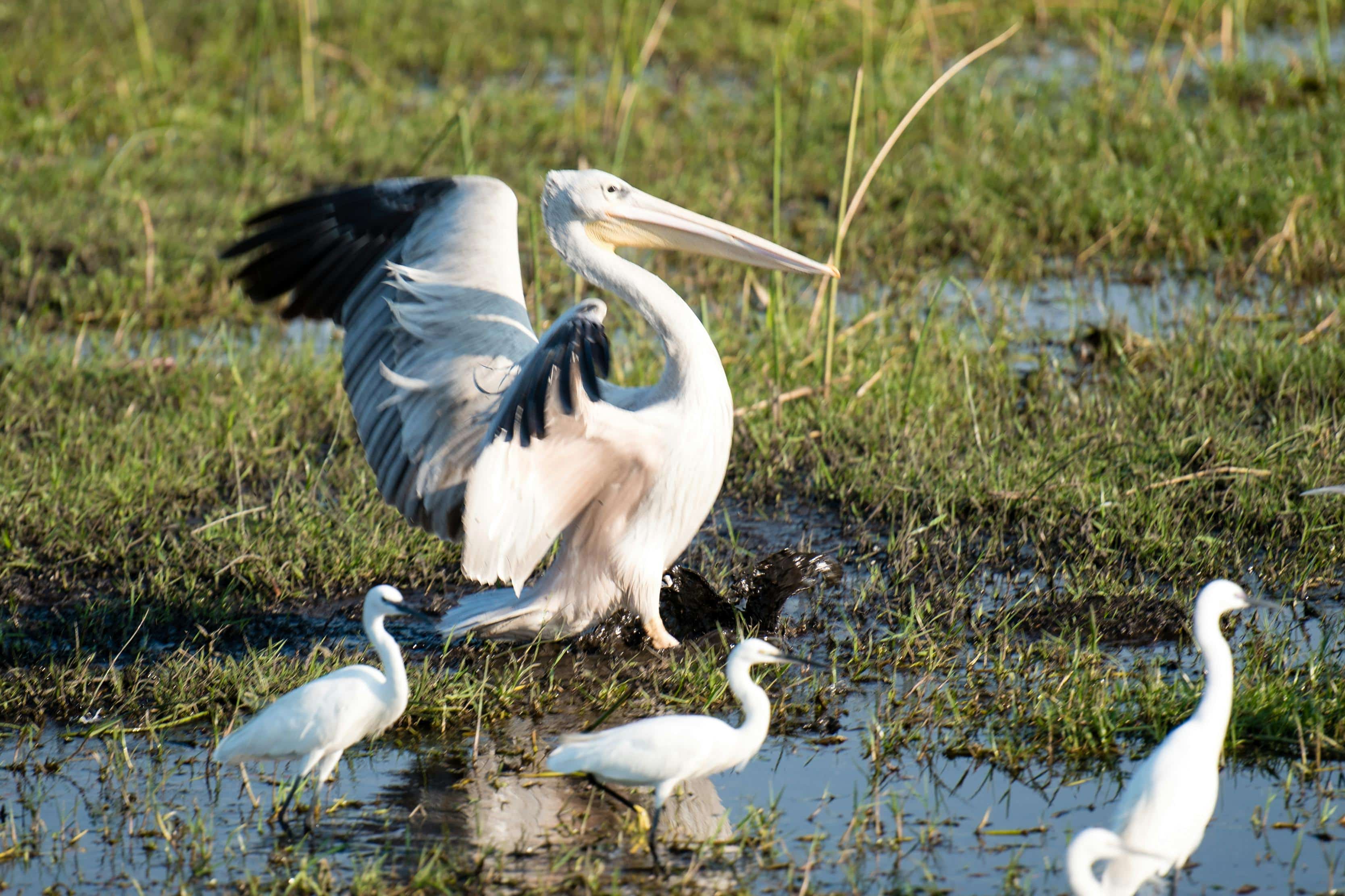
Luxury Lodges
The Okavango Delta is home to some of Africa’s most luxurious safari lodges.
- Belmond Eagle Island Lodge: Features tents with private plunge pools and stunning delta views.
- Vumbura Plains Camp: Offers stunning suites with plunge pools, outdoor showers, and views over the floodplains.
Mid-Range Camps
Mid-range camps offer a balance between comfort and budget.
- Camp Moremi: Located in the Moremi Game Reserve, providing comfortable tents and a main lodge with a pool and viewing deck.
- Pom Pom Camp: Situated on Pom Pom Island, offering traditional safari tents and a variety of activities, including game drives and mokoro excursions.
Budget-Friendly Options
While the Okavango Delta caters to high-end tourism, budget-friendly options are available.
- Self-Drive Safaris: Adventurous travelers can embark on self-drive safaris, staying in public campsites within the Moremi Game Reserve. This requires careful planning and self-sufficiency. For those considering a self-drive safari, you can check out this comprehensive guide on planning a self-drive safari in Zambia for tips and tricks that may enhance your experience in Botswana’s Okavango Delta as well.
- Mobile Safaris: Tailor-made mobile camps move to different areas of the delta, offering a back-to-basics experience with included game drives.
For a broader range of accommodations, including budget-friendly options, check out the hotels available in the area.
When to Visit the Okavango Delta
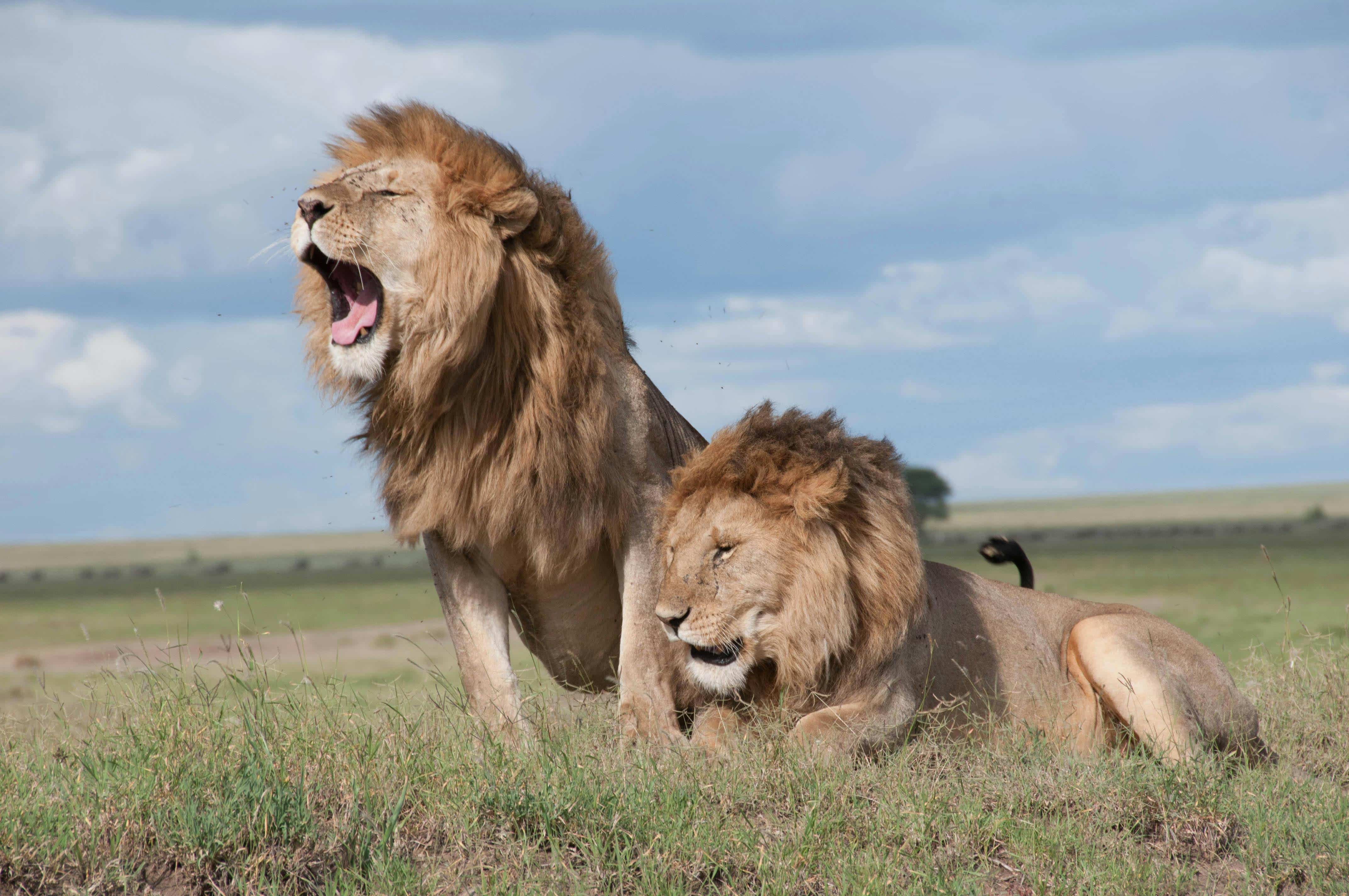
Seasonal Variations
The Okavango Delta is a year-round destination with different attractions in each season.
- Dry Season (May to October): Considered the best time for safaris due to lower temperatures and fewer mosquitoes. The floodwaters are at their peak, concentrating wildlife around water sources, making for excellent game viewing.
- Green Season (November to April): The rainy season brings lush vegetation and abundant birdlife. Wildlife is more dispersed, making it a great time for birdwatching and enjoying the vibrant scenery.
Shoulder Seasons
- April-May and September-October: Offer mild weather and smaller crowds, making it easier to spot wildlife and capture memorable photos.
Practical Travel Tips

Getting There
- Maun Airport: The main gateway to the Okavango Delta, serving international and charter flights to delta lodges. For more information on booking your travel, check out flights to the region.
- Charter Flights: Light aircraft from Maun provide spectacular aerial views and are often included in safari packages.
- Self-Drive: Four-wheel driving is permitted from the north park entrance into the delta, requiring a 4×4 vehicle and careful planning due to challenging terrain.
Health and Safety
- Vaccines: Ensure you are vaccinated against yellow fever if coming from an endemic area. Consult your doctor about malaria prevention.
- Hydration and Sun Protection: Stay hydrated, wear sunscreen, and cover up to prevent sunburn.
Packing Essentials
- Clothing: Lightweight, neutral-colored, and breathable clothing is best. Long sleeves and pants help avoid insect bites and sun exposure.
- Gear: Binoculars, a suitable camera with a tripod, and field guidebooks. Also, pack hiking essentials, a hat, and insect repellent.
Conclusion
The Okavango Delta in Botswana offers an unparalleled safari experience, with vast landscapes and diverse wildlife. Whether exploring the delta in a traditional mokoro, tracking game on thrilling drives, or simply soaking in its stunning beauty from your lodge, the Okavango Delta promises memories to last a lifetime. Start planning your trip now and immerse yourself in the heart of Africa’s wilderness. your journey today and immerse yourself in the heart of this African wilderness.
The Okavango Delta is unique for its vast wetland ecosystem created by seasonal floods, supporting diverse wildlife and offering varied safari experiences like mokoro rides and luxury lodges.
Visit during the dry season (May to October) for the best wildlife viewing. The green season (November to April) is great for birdwatching and seeing lush landscapes. Shoulder seasons offer mild weather and fewer crowds.
Activities include game drives, mokoro canoe trips, walking safaris, and boating safaris. Each offers a different way to explore and experience the delta’s wildlife and scenery.
Options range from luxury lodges like Belmond Eagle Island Lodge to mid-range camps such as Camp Moremi. Budget options include self-drive safaris and mobile camps.

